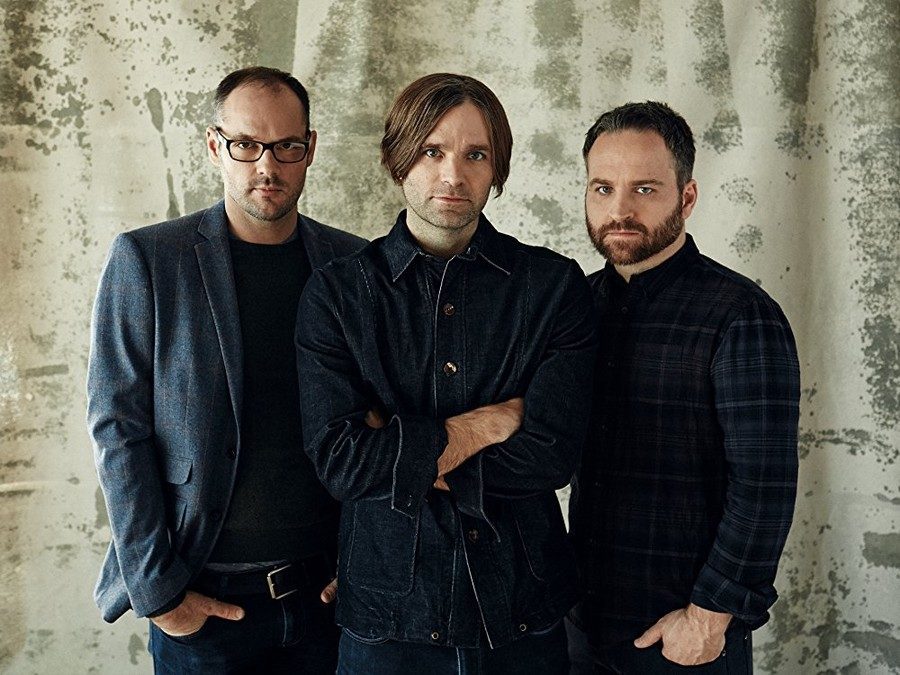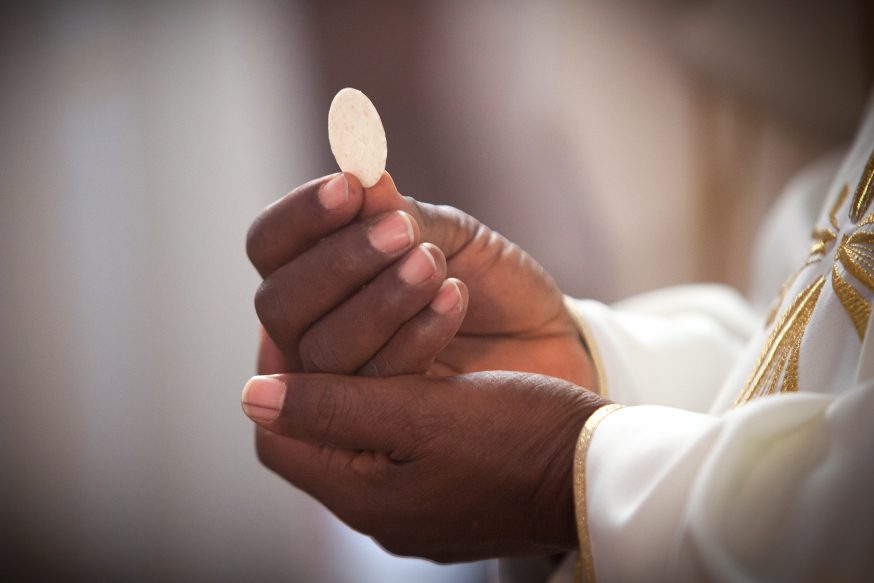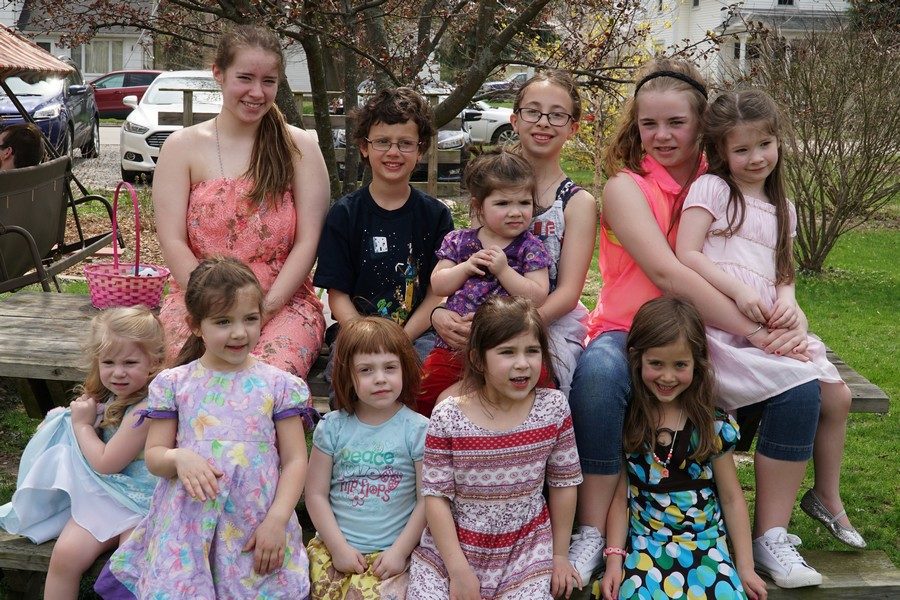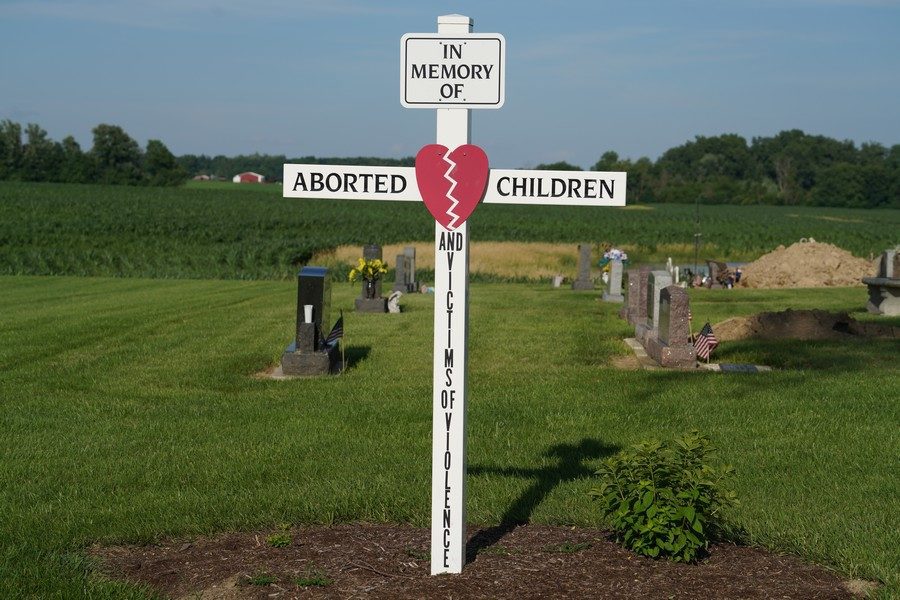 My wife and I live in the rural Northwest Ohio community of Ney. Anyone driving US Highway 15 from Bryan to Defiance passes through the village of Ney. I am sure these passers-through are as irritated as I am by Ney’s lone traffic light. While there may have been a need at one time for the traffic light, that need lies buried in Ney’s long-forgotten past. There’s nothing more irritating than coming home late at night, knowing that there is not a car coming in either direction for miles, and sitting for what seems forever at Ney’s traffic light. There are times that I have had thoughts of ignoring the red light and continuing on to our home two blocks away. I don’t do so out of fear that the Highway Patrol or the Defiance County Sheriff is lurking nearby, waiting to pounce on disobedient drivers.
My wife and I live in the rural Northwest Ohio community of Ney. Anyone driving US Highway 15 from Bryan to Defiance passes through the village of Ney. I am sure these passers-through are as irritated as I am by Ney’s lone traffic light. While there may have been a need at one time for the traffic light, that need lies buried in Ney’s long-forgotten past. There’s nothing more irritating than coming home late at night, knowing that there is not a car coming in either direction for miles, and sitting for what seems forever at Ney’s traffic light. There are times that I have had thoughts of ignoring the red light and continuing on to our home two blocks away. I don’t do so out of fear that the Highway Patrol or the Defiance County Sheriff is lurking nearby, waiting to pounce on disobedient drivers.
Ney, population 354, has two bars/restaurants, a hair salon, a gas station/convenience store, a smattering of businesses, including Defiance County Photo, and a post office. Ney does not have door-to-door mail delivery. This means that every resident has a post office box. Every day, Monday through Saturday, the postmaster and her assistant stuff the daily mail into the correct mailboxes. Items too large for the boxes are kept on a table near the service counter. Residents who have received such items find a yellow card in their mailbox. This card lets them know that there is a package or some sort of mail item requiring their signature waiting for them at the service counter. The post office service counter is open six hours a day during the week and three and a half hours on Saturday. Residents can access their mailboxes twenty-four hours a day.
Polly typically leaves for work around 4:15 PM each day. She is the one who normally gets the mail before she goes to work. Her almost-daily trips to the post office put her in contact with other locals. Ney is a friendly town, so it is not uncommon for people to strike up conversations while retrieving their mail. Today, Polly had someone ask her if I was a pastor. Polly, not wanting to engage the person in discussion about my loss of faith, replied, Bruce is retired. The woman went on to ask Polly if I would pray for her; that her significant other was sick and could die. I can think of no more difficult place for Polly or me be placed in than that of being asked to pray for someone who is going through a difficult time in her life. We want to be empathetic and caring, but at the same time we know that praying to a mythical God will accomplish nothing. In this particular case, Polly quickly changed the focus of the discussion from praying to having the woman share what she was going through. Polly, a pastor’s daughter and the wife of an Evangelical preacher for twenty-five years, knows that what most people really want and need is for someone to listen to them. The woman shared her anger towards God for letting her partner go through life-threatening suffering and pain. She wanted to know WHY this is happening to them. Some atheists might see the woman’s anguished questions as an opportunity to evangelize, but her pain was such that what she really needed was hearing someone say, I understand. Trying to evangelize someone at their lowest point is a common evangelistic method used by Evangelicals, but it shouldn’t be one used by atheists. What hurting people need is love, compassion, and genuine empathy. By choosing to empathize with the woman, Polly left the door open for further interaction. Perhaps there will come a time when she will have an opportunity to share her testimony; to share her story of losing her faith and how that loss has changed how she views the world. If not, that’s fine. Kindness towards others is always acceptable and appreciated.
I haven’t pastored a church since 2003, yet I still have locals ask me where I am pastoring. One man, every time I see him, asks, where are you pastoring these days? Not wanting to get into a discussion with him about my loss of faith, I quickly say, I’m not pastoring anywhere right now. While my answer is technically correct, I do feel a bit guilty about misleading him; as if there will EVER be a time when I pastor a church again. My pastoring days are over, yet no matter how vocal I am about atheism on this blog, and no matter how many letters I write to the editors of the local newspapers extolling atheism, humanism, and liberalism, there are still people who think I am Evangelical pastor. Their ignorance of my current state is made worse when they ask me or my wife to pray for them. I so want to say, God and I are not on speaking terms. Ten years ago, Jesus and I went through divorce, and we haven’t spoken to each other since. I do draw line at actually saying a prayer to just make someone happy. I won’t do it. But, it is not beneath me to show compassion towards religious people who naïvely think that their God is going to deliver them from whatever they are facing. God can’t help them any more than any of the TV doctors can help me with my medical problems. While Polly and I can’t offer anyone prayer, we can offer them love, compassion, and empathy. We generally care about the suffering of others. We can visualize how either of us might respond if one of us died. I can only imagine our grief, anguish, and heartache. And knowing how we might respond to similar circumstances, helps us — dare I use the word? — minister to others. When our lives are overwhelmed with chaos and grief, what we really need are people who understand. One needn’t be a pastor or even religious to be compassionate and understanding. One need only be human to understand the plight of others. On this particular day, Polly was given an opportunity to help someone who is going through a difficult patch. All the woman really needed was someone who would listen to her.
About Bruce Gerencser
Bruce Gerencser, 61, lives in rural Northwest Ohio with his wife of 40 years. He and his wife have six grown children and twelve grandchildren. Bruce pastored Evangelical churches for twenty-five years in Ohio, Texas, and Michigan. Bruce left the ministry in 2005, and in 2008 he left Christianity. Bruce is now a humanist and an atheist. For more information about Bruce, please read the About page.
Bruce is a local photography business owner, operating Defiance County Photo out of his home. If you live in Northwest Ohio and would like to hire Bruce, please email him.
Thank you for reading this post. Please share your thoughts in the comment section. If you are a first-time commenter, please read the commenting policy before wowing readers with your words. All first-time comments are moderated. If you would like to contact Bruce directly, please use the contact form to do so.
Donations are always appreciated. Donations on a monthly basis can be made through Patreon. One-time donations can be made through PayPal.


 This is the one hundred eighty-fifth installment in the
This is the one hundred eighty-fifth installment in the 










